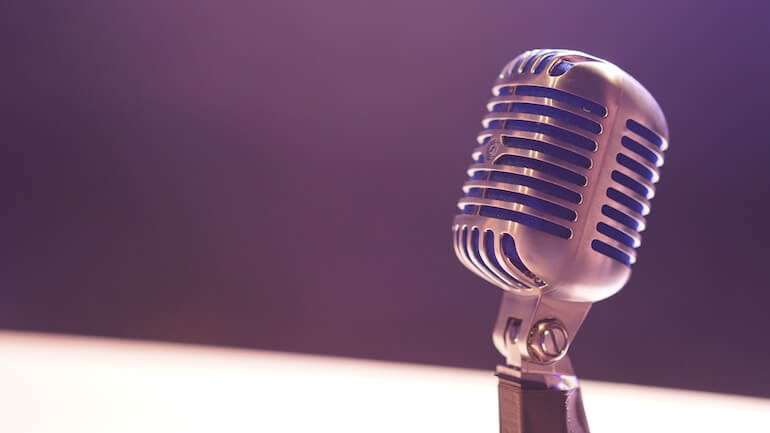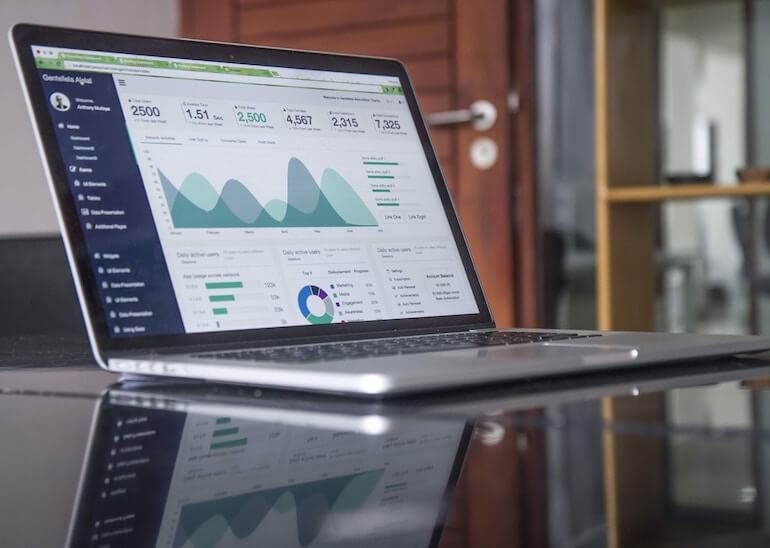4 Paid Media Lessons In Podcast Advertising

It seems these days everyone has a podcast, and with more than half of the US population taking up listening to podcasts it’s a great way to share information and keep users engaged with your content. According to a study by the Interactive Advertising Bureau, in 2017 the US market for podcast ad spend was $314 million and is expected to grow more than 110% by 2020. With this growth in advertising spend and more than 500k podcasts within the Apple podcast platform, it’s important to stand out with your strategy. Below are 4 paid media lessons I learned advertising podcasts.
1. Audience Targeting is Dynamic

When we first created our Facebook campaigns, we created separate ads set to target broad audiences we believed would be interested in listening to the podcast. Through the process of testing, we found out if you narrow your audience to include users who are interested in your podcast themes AND interested podcasts, you can lower your costs and can reach a more relevant audience.
If you have a specific episode you’d like to promote, we found creating audiences based on the content theme and guest helps increase awareness and reach with users who may not know the podcast, but would be interested in a specific episode. These types of audience targets are the second best performing ad sets, next to what we call our branded audience, which targets users who are familiar with the podcast and the network. Don’t be afraid to test demographics; if you have a podcast topic that skews heavily towards one demographic, test it. We’ve found great success in creating ad sets targeting different demographics.
2. Creative Testing

Testing your creative is important to understand what engages with your audience. We’ve tested 3 types of images and found images of the hosts and/or guest tends to have a higher CTR and lower CPC compared to podcast title image.
Since podcasts are spoken word and video is highly consumed on Facebook, I recommend testing podcast audiograms, which are quick shorts of your podcast with subtitles. With 85% of Facebook video watched without sound, it’s important to catch the eye of potential subscribers. There are several tools out there the help with creation, for example Audiogram, Wavve, and Headliner.
One important part of creative is knowing where to lead your users. It can be hard to decide if you should take them to your website, Spotify, or the Apple or Android Podcast App. To reduce friction, you should lead the user directly to where they can download, listen, or subscribe to your podcast. This means you will need to create separate campaigns for Android and iPhone users. This will give you the ability to lead users to take your desired action.
3. Data, Data, Data

When I started creating podcast campaigns, I quickly came to the realization when a user leaves your site to a podcast app it would be difficult to attribute credit to our campaigns. Not to mention, it would be even harder to understand campaign performance when you can’t track conversions (listeners and subscribers). To bypass this inconvenience, we’ve implemented several tracking methods to track indirect conversions.
If using Google Ads to capture demand, you can track click events within Google Analytics to track when a user listens to your podcast on your site or clicks onto their preferred podcast app. You can learn how to set up events using these instructions, after creating the event you will need to create Goals for the events within Google Analytics to track these conversions within AdWords.
If using Facebook, you can track button clicks using these instructions. you’ll need to make sure the Facebook pixel has been placed on the site and is working properly.
4. Test other platforms
As podcasts continue to grow, new advertising platforms are being created. Overcast, the podcast listening app can help grow your audience by purchasing ad slots based on podcast themes. The best perk of advertising with Overcast is they provide daily subscription stats to help you understand performance. Stitcher, another podcast listening app provides various ad format to help suit your needs, however, with some formats they may not provide KPI information. After acquiring two podcasting companies, Spotify is after Apple’s top spot as the top podcast listening app. While currently, their self-serve ad studio is lacking, I imagine they’ll improve their offerings in the coming year.
Overall, these lessons were learned through testing which is important for great discoveries. Podcast advertising is still new territory and hopefully, you got some good takeaways to implement to your next podcast campaign strategy.



